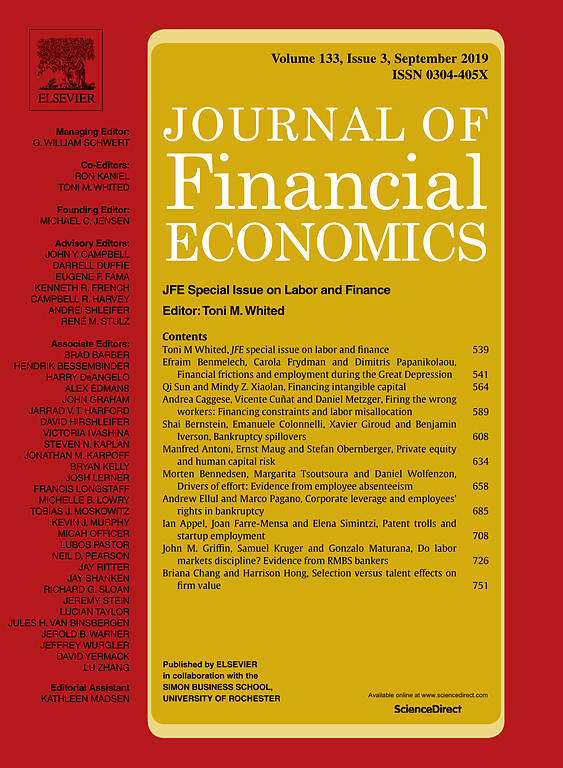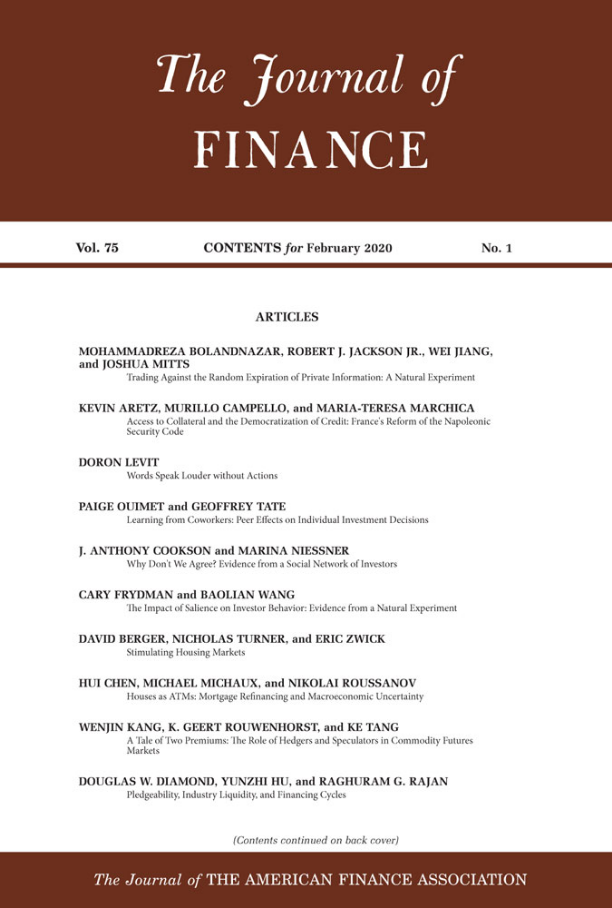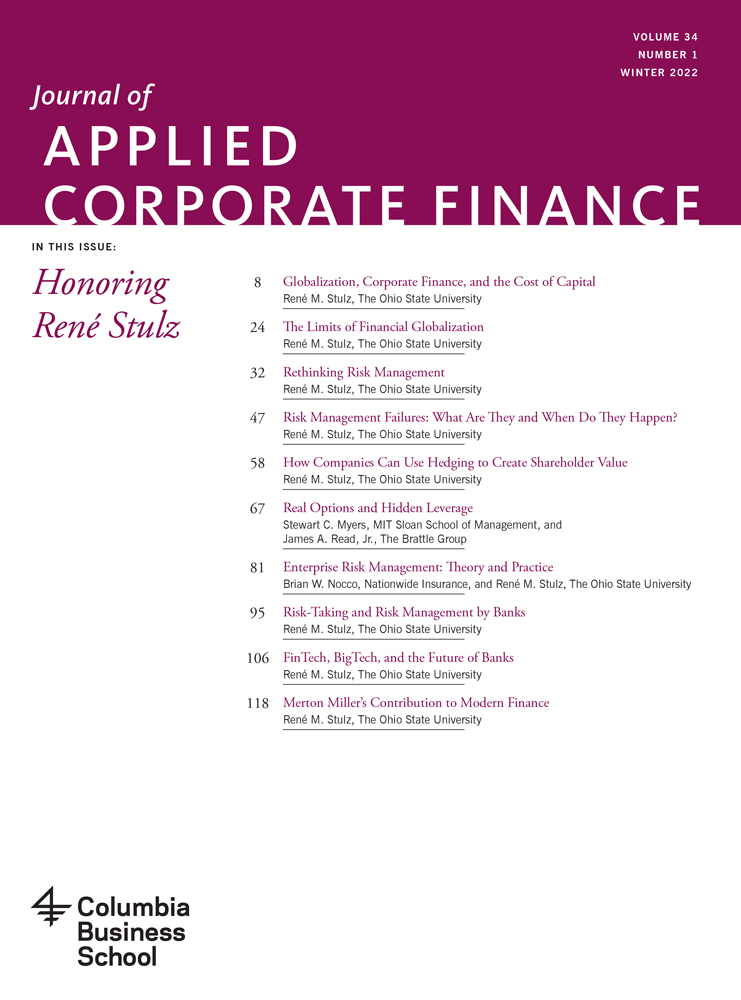Professor Shai B. Bernstein, PhD
Current Position
since 7/23
Research Fellow Department of Laws, Regulations and Factor Markets
Halle Institute for Economic Research (IWH) – Member of the Leibniz Association
since 2020
Associate Professor
Harvard Business School
Research Interests
- entrepreneurial finance
- innovation
Shai B. Bernstein joined the institute as a Research Fellow in May 2022. His research focuses on financial issues related to start-ups and high growth firms, and the interaction of these issues with innovation and entrepreneurial activity.
Shai B. Bernstein is the Marvin Bower Associate Professor in the Entrepreneurial Management Unit at Harvard Business School and a Faculty Research Fellow at the National Bureau of Economic Research (NBER).






